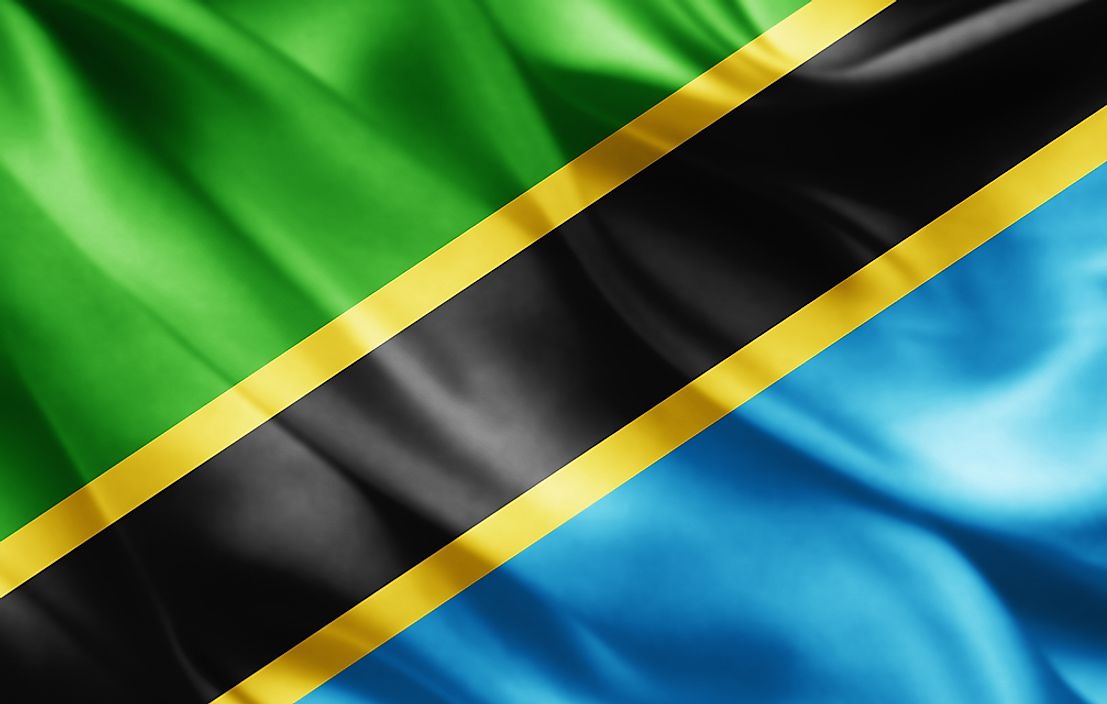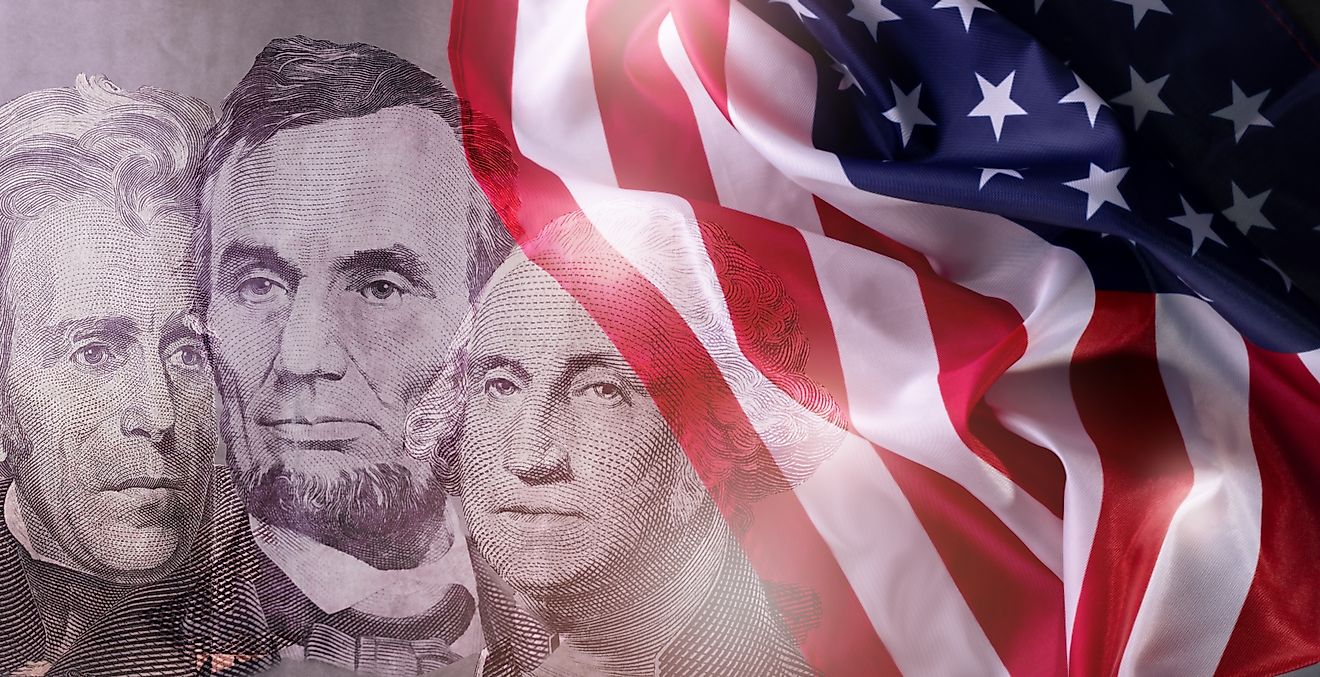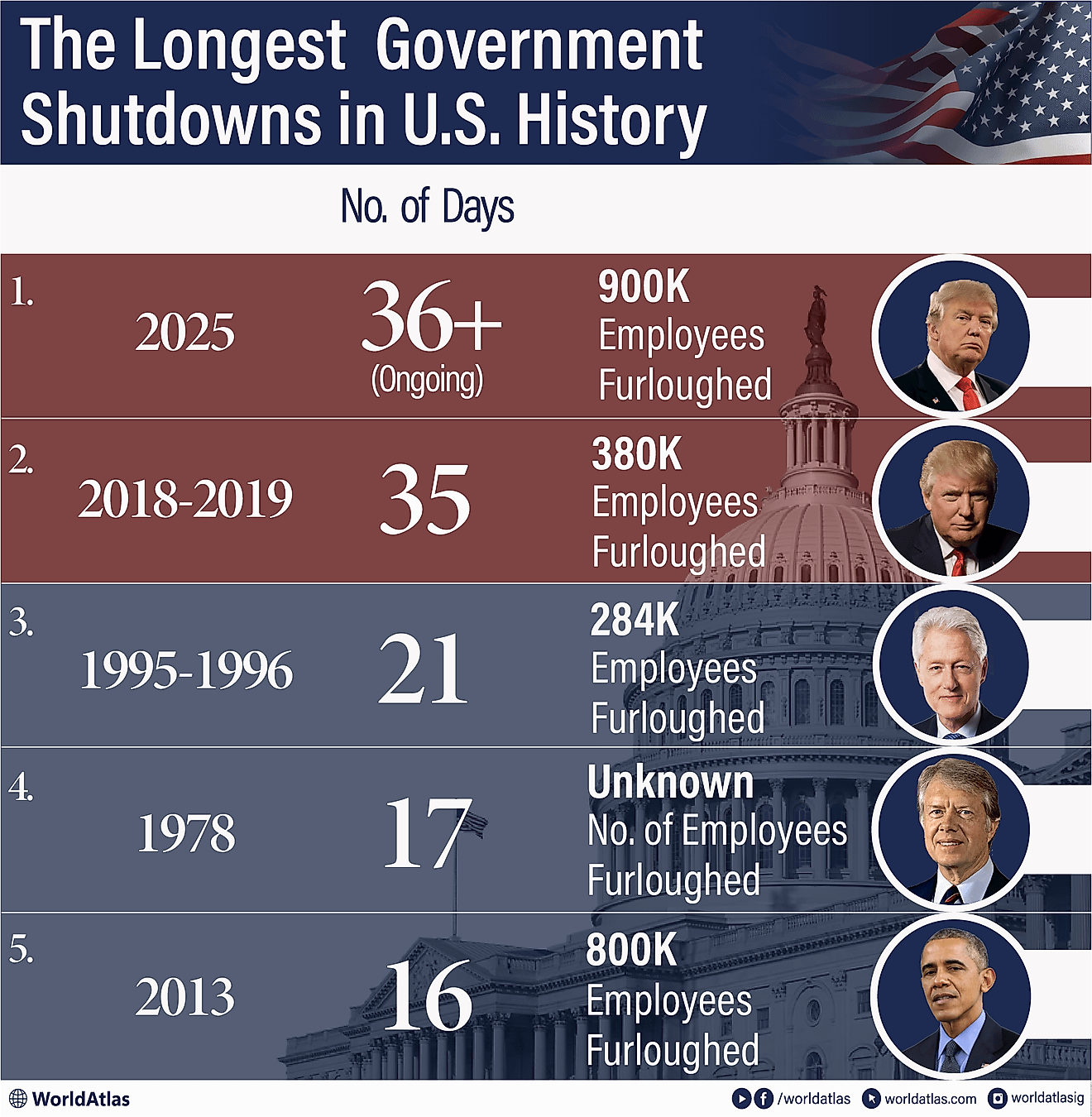What Type of Government Does Tanzania Have?

Tanzania is a unitary presidential democratic republic, in which the president of the country serving as the nation's head of both state and government. The country has a multi-party system with the Chama Cha Mapinduzi party, which translates to the Revolutionary State Party, dominating politics of the country. While the government of Tanzania exercises executive power, legislative power is vested in both parliament and the government. The country's judicial branch is independent of both the legislature and the executive.
Executive Branch of Government
The head of the executive branch is the president of Tanzania, who is elected to the presidency by direct popular vote to serve a term of 5 years. The prime minister of Tanzania is appointed by the president and is the leader of the government in parliament. The president appoints the cabinet from the members of parliament. The country's constitution permits the president to nominate ten members to the parliament who are non-elected, but who are eligible to be cabinet members.
Legislative Branch of Government
The Republic of Tanzania has a unicameral national assembly, also known as Bunge, which consists of 324 seats, 236 of which are elected by popular vote. Bunge allocates 75 seats to women who are in turn chosen in proportion to their electoral vote share by their parties. Members of the national assembly serve for a term of 5 years. Besides enacting laws that apply to the entire United Republic of Tanzania, which includes the autonomous island of Zanzibar, the national assembly enacts laws applicable to mainland Tanzania. On the other hand, the island of Zanzibar has a house of representatives which is responsible for making laws that only apply to the island. The Zanzibar House of Representatives consists of 81 seats, and members are directly elected by universal suffrage to serve a term of 5 years. Initially, the house of representatives had 76 members, including an attorney general who is elected by the president, five ex-officio members, ten members appointed by the president of Zanzibar, and 50 members who are elected by the public. Originally, only 10 seats were allocated for women, but in May 2002 the number was increased to 15, which brought the total number of members to 81.
Judicial Branch of Government
The Republic of Tanzania's legal system borrows from the British common law and incorporates traditional and Islamic laws. The 1977 Constitution of the United Republic of Tanzania gives the judiciary the authority and responsibility to administer justice. Article 107A and 107B of the country’s constitution gives authority to the judiciary, and expressly states the independence of the judiciary. The judiciary in Tanzania is composed of the Court of Appeal of Tanzania, which is the highest court in the country. The second highest is the High Court of Tanzania, and the High Court of Zanzibar. The court of appeal has jurisdiction over Tanzania mainland and Zanzibar, and the constitution provides three other jurisdictions, which include appellate, review, and revisional jurisdictions. Other courts in the country include district courts, resident magistrate courts, Kadhi’s Court, Kadhi's Court of Appeal, and primary courts.
Political Parties in Tanzania
The Republic of Tanzania operates under a dominant multi-party system with Chama Cha Mapinduzi (CCM) party, the ruling party which has been in power since 1961, when Tanzania attained its independence. Initially, the party was known as the Tanganyika Africans National Union (TANU). It later merged with the Afro-Shirazi Party to CCM. Since the multi-party system was reintroduced to the country, CCM continues to dominate the country's politics, and the party has won the past five general elections.











